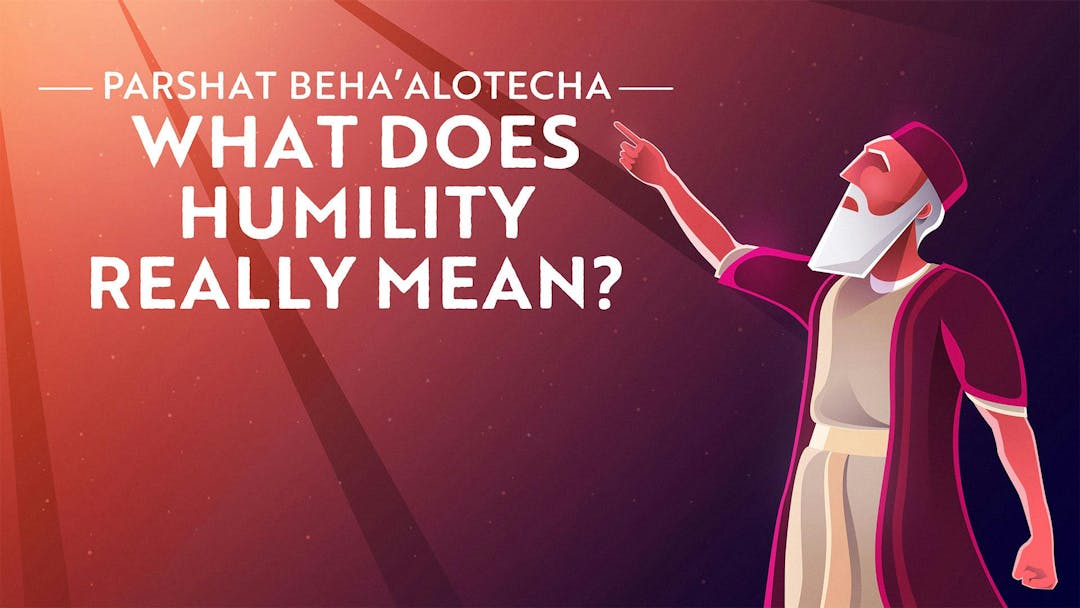Start your free trial today to unlock the full library and enjoy unlimited and uninterrupted access.
Get StartedWhere It All Went Wrong
The Israelites’ Fatal Mistake in the Desert
In this week's parsha, we reach the tipping point, where the nation of Israel begins their downfall, leading to 40 years wandering in the desert before being allowed into the land of Israel. What happened? How did everything fall apart? Rabbi Fohrman explores this question with the backdrop of the garden of Eden, explaining that this week isn't the first time God has given us food from Heaven, and we have rejected it.
Want to watch the full video for free?
Enter your email and we’ll send you a link to watch the full series free.
What is Aleph Beta?
Aleph Beta is a unique kind of Torah library. Led by our founder, Rabbi David Fohrman, we are dedicated to high-level, textual Torah learning for adults that is intellectually and spiritually sophisticated, that enlivens your Jewish practice and helps you forge a deeper connection to God. Whether you’ve been learning in yeshiva for years or you’re just beginning your Torah journey, you’re sure to find something meaningful and surprising waiting for you here.
Browse our library of over 1,000 beautifully produced animated videos, podcasts, deep dive courses, and printable guides. Topics include the weekly parsha, Jewish holidays & fast days, laws & mitzvot, prayers, relationships, big philosophical ideas and more. Have something to say at the Shabbos table that will amaze your family and guests and bring deep meaning into their lives.











